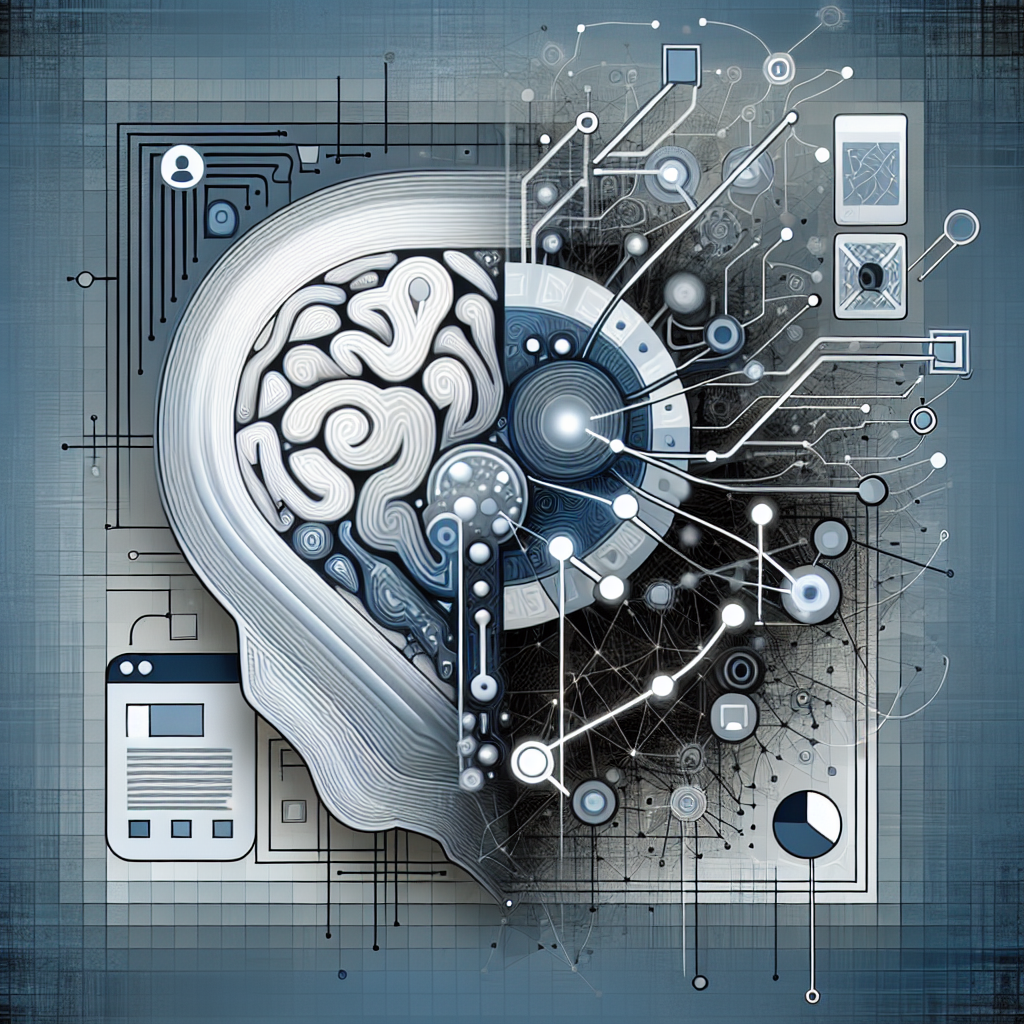Natural Language Processing (NLP) is a branch of artificial intelligence that focuses on the interaction between computers and humans using natural language. It enables computers to understand, interpret, and generate human language in a way that is valuable for personalized experiences. In recent years, NLP has become increasingly important in the field of personalization, as businesses aim to deliver more tailored and relevant content to their users.
NLP for personalization involves the use of language models, sentiment analysis, and other techniques to better understand the needs and preferences of individual users. By analyzing the text inputs of users, NLP algorithms can determine their interests, sentiments, and intentions, allowing businesses to create personalized experiences that cater to their specific needs.
One of the key applications of NLP for personalization is in the field of customer service. By analyzing customer queries and feedback, businesses can use NLP to improve their response times, provide more accurate answers, and ultimately enhance the overall customer experience. For example, NLP algorithms can be used to automatically categorize and route customer inquiries to the appropriate departments, saving time and improving efficiency.
Another important application of NLP for personalization is in content recommendation systems. By analyzing the text content of articles, reviews, and other user-generated content, businesses can use NLP to better understand the preferences of individual users and recommend content that is more likely to be of interest to them. This can help businesses increase user engagement, boost conversion rates, and ultimately drive revenue.
In addition to customer service and content recommendation, NLP can also be used for personalized marketing campaigns. By analyzing the text content of customer interactions, businesses can identify patterns, trends, and insights that can be used to create more targeted and effective marketing messages. For example, NLP algorithms can be used to analyze social media posts, emails, and other forms of communication to identify potential leads, segment audiences, and tailor marketing messages to specific customer segments.
Overall, NLP for personalization offers businesses a powerful tool for understanding their customers and creating more tailored and relevant experiences. By leveraging the capabilities of NLP, businesses can improve customer satisfaction, increase engagement, and drive revenue growth.
FAQs:
Q: What are some common NLP techniques used for personalization?
A: Some common NLP techniques used for personalization include language models, sentiment analysis, text classification, and entity recognition. These techniques can help businesses better understand customer preferences, sentiments, and intentions, allowing them to create more personalized experiences.
Q: How can businesses implement NLP for personalization?
A: Businesses can implement NLP for personalization by leveraging existing NLP tools and platforms, or by developing their own custom NLP solutions. They can start by collecting and analyzing customer data, identifying patterns and trends, and using NLP algorithms to create personalized experiences based on these insights.
Q: What are some benefits of using NLP for personalization?
A: Some benefits of using NLP for personalization include improved customer satisfaction, increased engagement, and higher conversion rates. By better understanding customer needs and preferences, businesses can create more relevant and targeted experiences that drive customer loyalty and revenue growth.
Q: Are there any challenges associated with using NLP for personalization?
A: Yes, there are some challenges associated with using NLP for personalization, such as data privacy concerns, algorithm bias, and the need for continuous training and optimization. Businesses need to be mindful of these challenges and take steps to address them in order to maximize the benefits of using NLP for personalization.

